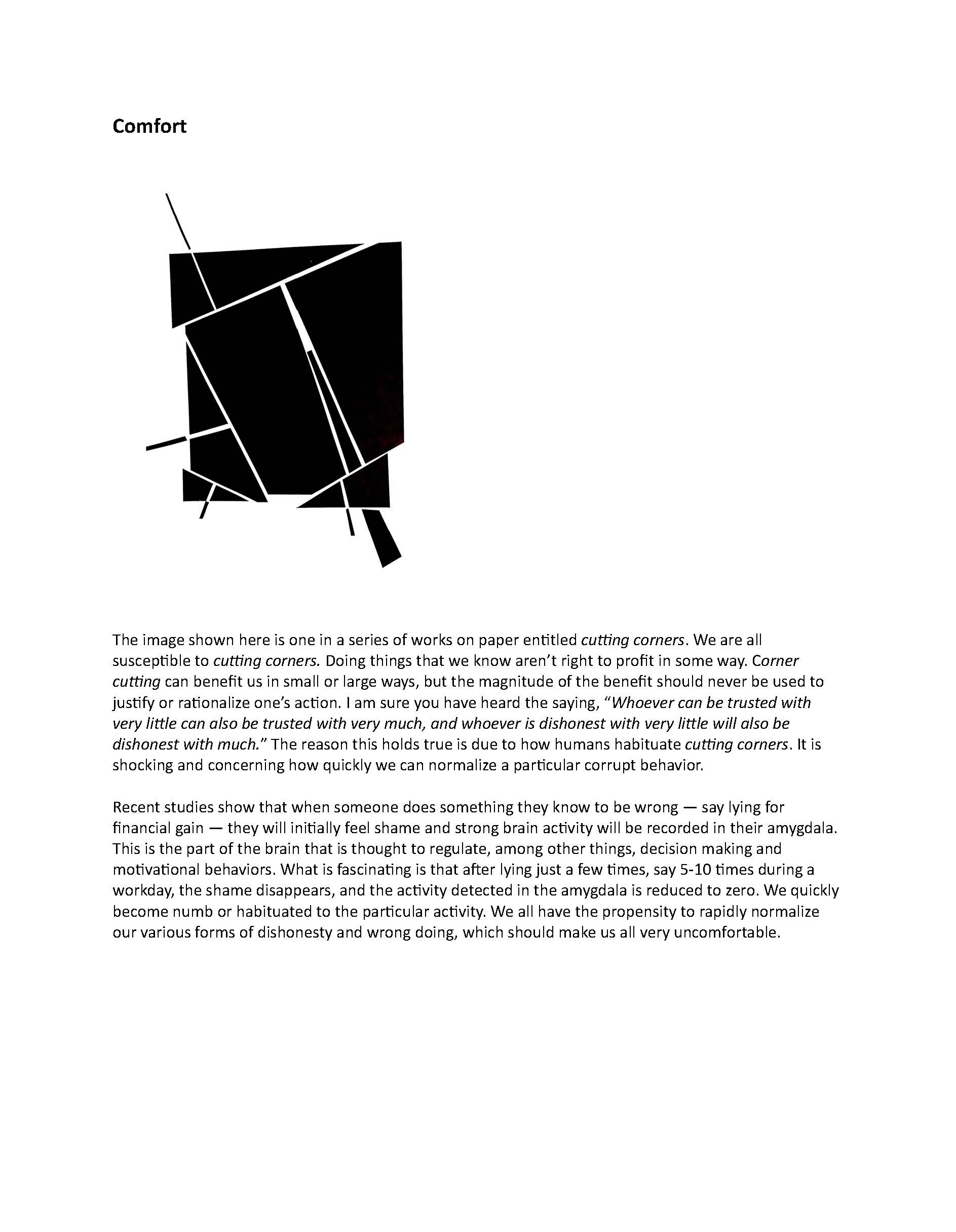
In addition to being an artist and architect I am an educator. My parents were educators, and their parents were educators. I often wonder if I had a choice in the matter — it was in my blood. Educators write for various reasons. Some positions require it. Some write to disseminate the latest insights and research. Some write textbooks to organize and pass on knowledge to the next generation. Some write to make a name for themselves — to claim original authorship over a particular idea or thought.
I have written several academic papers mostly about my creative activity — this seems to appease the institutions I operate within. However, my main motivation for writing is to gain greater understanding and clarity – which I believe ultimately leads to better creative activity. Clarity translates into more powerful, thoughtful objects, spaces and experiences.
At the urging of a few close friends, I started writing regularly and began posting/distributing one short essay every week. I have been doing this now for over five years. Shortly after embarking on this adventure, I incorporated some of my writing in the courses I teach. These essays are usually 2-3 paragraphs and focus on the things that we make and surround ourselves with. They usually make a modest point but never wrap a subject up in a bow. In fact, the careful reader will come away with more questions than answers. Certainly, many miss the point of the essays all together. Most of us have been taught to expect direct, comprehensive communication regarding a particular topic.
Those who read or are forced to read expect to gather information that leads directly to action items, which then leads to improved performance or some desired outcome.
When I incorporate these essays into course material, I am not trying to provide clarity or definitive conclusions. I am trying to introduce an important topic and get the reader to think more deeply about that topic. Memorizing information and facts then recalling those facts for an exam, reduces education to an obstacle course. Advanced education requires taking ownership — thinking for oneself. Sometimes this is accomplished by provocation — taking a forceful stance. Sometimes keeping things vague and purposefully puzzling requires one to connect dots, many of which extend off the written page. Often, being straight forward and concise results in the avoidance of meaningful engagement with the material. Not explaining the material to everyone’s satisfaction challenges conventional expectations and forms a path to new ideas and concepts. The goal is to open the mind and make it receptive to a new framework — to provide an invitation for deeper thought.
